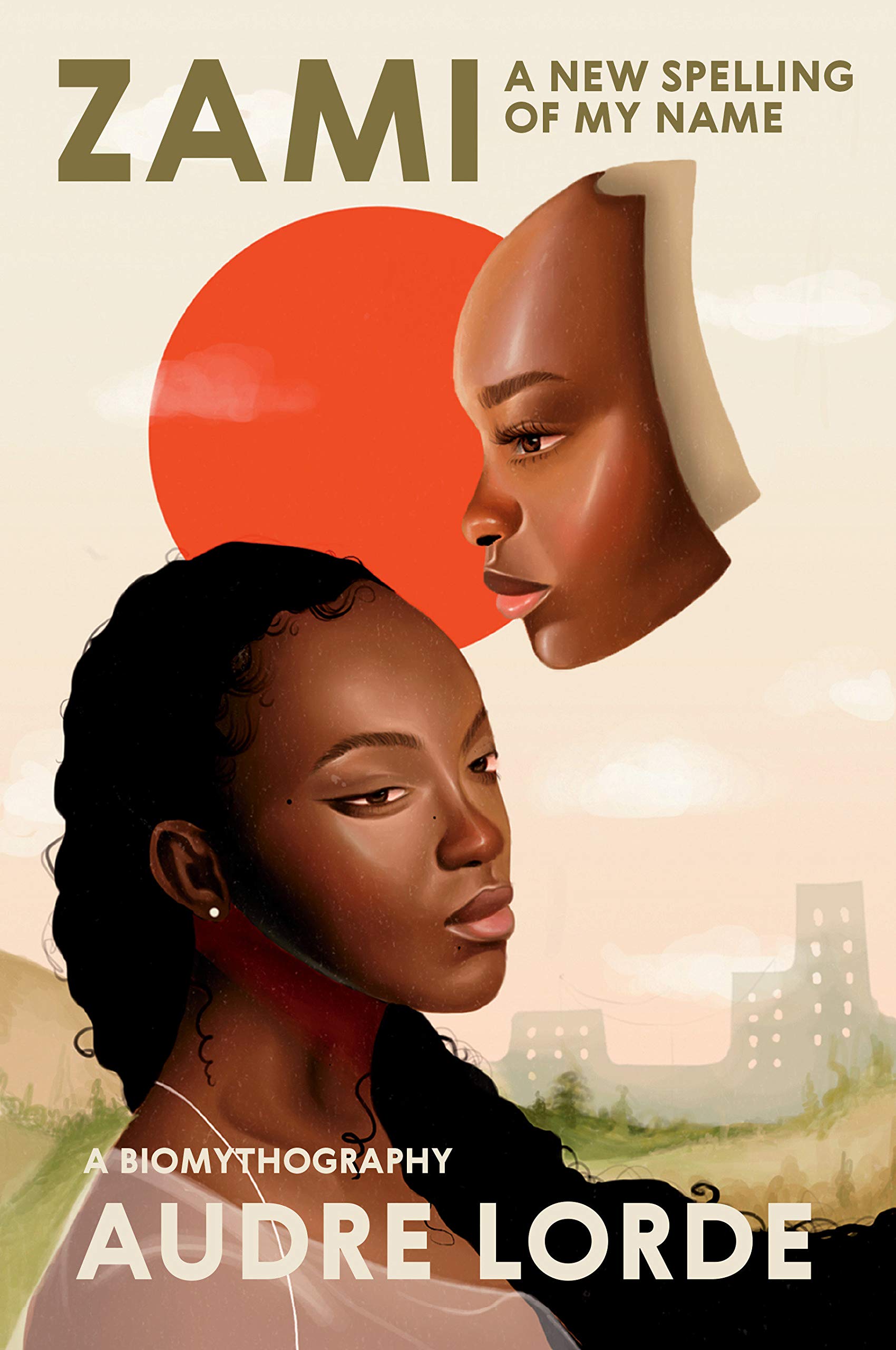
Zami: a new spelling of my name
Audre Lorde
American racism was a new and crushing reality that my parents had to deal with every day of their lives once they came to this country. They handled it as a private woe. My mother and father believed that they could best protect their children from the realities of race in America and the fact of American racism by never giving them name, much less discussing their nature. We were told we must never trust white people, but why was never explained, nor the nature of their ill will. Like so many other vital pieces of information in my childhood, I was supposed to know without being told. It always seemed like a very strange injunction coming from my mother, who looked so much like one of those people we were never supposed to trust. But something always warned me not to ask my mother why she wasn't white, and why Auntie Lillah and Auntie Etta weren't, even though they were all that same problematic color so different from my father and me, even from my sisters, who were somewhere in-between.
In a paradoxical sense, once I accepted my position as different from the larger society as well as from any single sub-society - black or gay - I felt I didn't have to try so hard. To be accepted. To look femme. To be straight. To look straight. To be proper. To look "nice". To be liked. To be loved. To be approved. What I didn't realize was how much harder I had to try merely to stay alive, or rather, to stay human. How much stronger a person I became in that trying.
The strongest and most lasting sense I had of Muriel after she was gone was of great sweetness hidden, and a vulnerability which surpassed even my own. Her gentle voice belying her dour appearance. I was intrigued by her combination of opposites, by her making no attempt to hide her weaknesses, nor even seeming to consider them shameful or suspect. Muriel radiated a quiet self-knowledge which I misstook for self-acceptance.
I was discovering all the ways that love creeps into life when two selves exist closely, when two women meet. Like the smell of Muriel on my sweatshirt, and the straight black hairs caught in my glove. [...] When I recall the time Muriel and I spent together, I remember the assurances we gave each other, the sense of a shared niche out of the storm, and the wonder grounded in magic and hard work. I remember always the feeling that it could continue forever, this morning, this life. I remember the curl of Muriel's finger and her deep eyes and the smell of her buttery skin. The smell of basil. I remember the opennes of our loving that was a measurement against which I held up whatever was called love; and which I came to recorgnize as a legitimate demand between all lovers.
Muriel and I talked about love as a volonturay commitment, while we each struggled through the steps of an old dance, not consciously learned, but desperately followed. We had learned well in the kitchens of our mothers, both powerful women who did not let go easily. In those warm places of survival, love was another name for control, however openly given.
There are certain verities which are always with us, which we come to depend upon. That the sun moves north in summer, that melted ice contracts, that the curved banana is sweeter. Afrekete taught me roots, new definitions of our women's bodies — definitions for which I had only been in training to learn before.